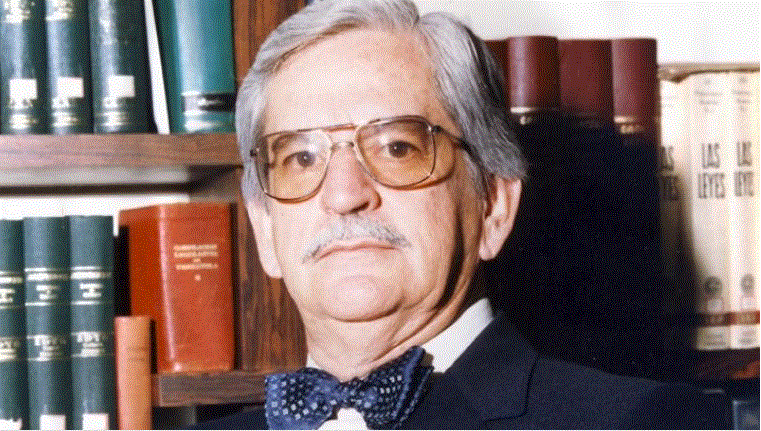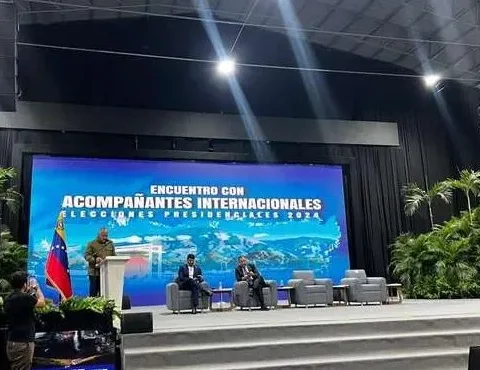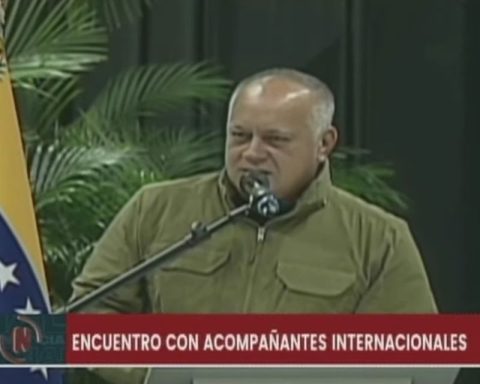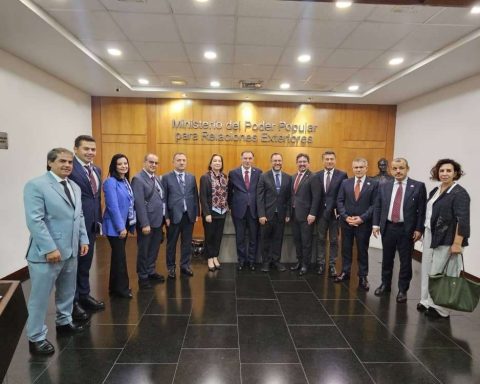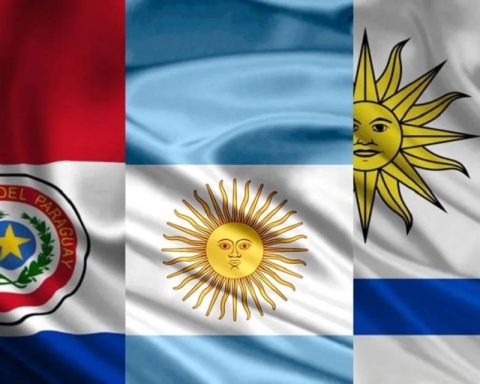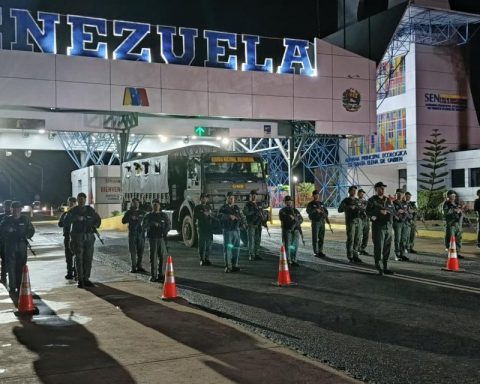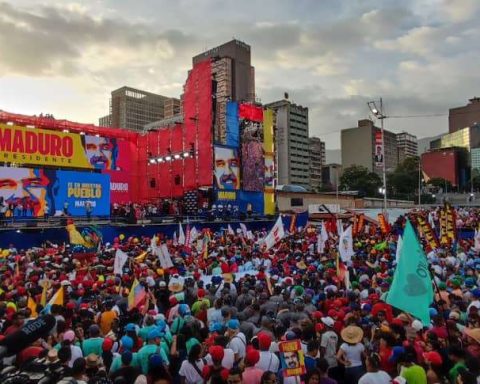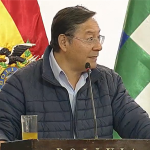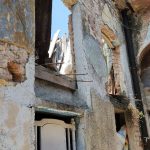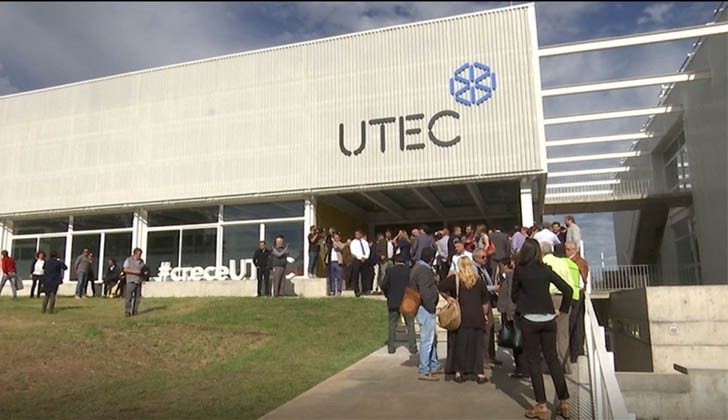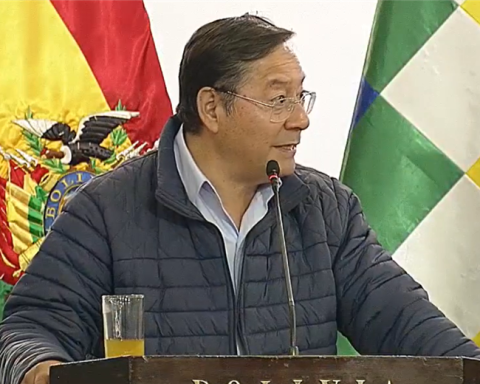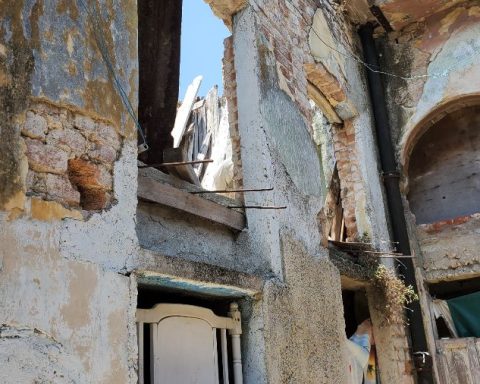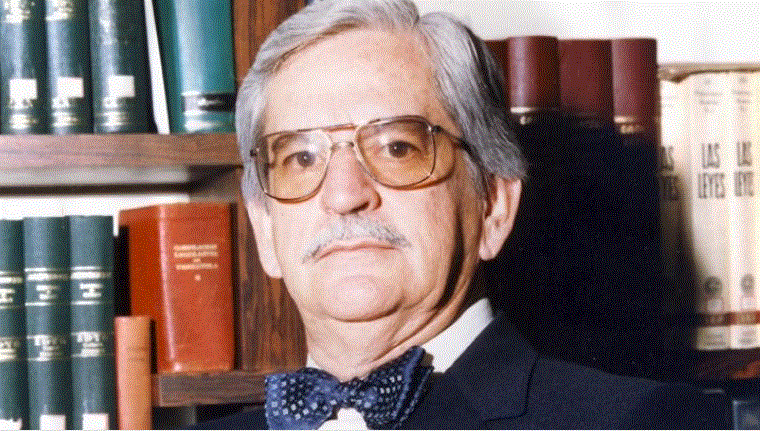
In Venezuelan judicial history there are examples of judges who exercised the magistracy with independence and probity. José Gabriel Sarmiento Núñez is a good example of the above. He graduated as a lawyer in 1943. Since then he stood out as a litigant, trade unionist, doctrinaire and magistrate. In all these performances he exhibited probity, lucidity, courage and institutional commitment.
When he was president of the Judicial Council (precedent of the Council of the Judiciary and the Executive Directorate of the Judiciary) he was in charge of defending, without pause or rest, the judges who had shown independence and honesty in the exercise of the magistracy. This is what happened with the judges who came from perezjimenismo. Most of them without stains on their judicial records: if the judge was honest, they decided the cases based on the facts and the law, and, therefore, they were ratified. These judges remained in their posts until their deaths or their retirement.
In 1962, Sarmiento Núñez, as president of the Federal District Bar Association, organized a tribute to a group of judges who had served twenty years in office. There were magistrates who had held their positions since the government of Isaías Mediana Angarita, and they were witnesses on October 18, 1945, November 24, 1948 and January 23, 1958. All of them remained firm in their functions, issuing sentences in agreement with the right. There was no reason to exclude them. This is how this jurist of tolerance and long-range vision rightly understood it.
The Venezuelan judiciary was reliable during the beginnings of democracy. The matter begins to change when the so-called tribes appear – due to lawyers with political influence who litigated in court – with which a period of questioning of the justice administration system begins, and a gradual loss of credibility that caused damage irreparable to Venezuelan democracy. Despite this, honest and suitable judges and magistrates stood out both in the lower courts and in the Supreme Court of Justice.
The journey towards the politicization of justice rose in tone with the creation of the Council of the Judiciary, and then with the Executive Directorate of the Judiciary. In this way, the division of the courts according to partisan quotas becomes an inveterate custom and the majesty of justice is undermined. The deterioration continues in crescendo on a journey without end and without return.
Another important aspect that must be remembered in the life of Sarmiento Núñez is the vote saved on the occasion of the disqualification of the Communist Party and the Revolutionary Left Movement (MIR) in 1963. Some leaders of these parties were accused of being involved in guerrilla activities and in the uprisings in Carúpano (Carupanazo) and Puerto Cabello (Porteñazo), which occurred in May and June of the previous year (1962).
The matter was processed before the Political-Administrative Chamber of the Supreme Court of Justice, and the decision agreed to the disqualification of said political parties. Sarmiento Núñez saved the vote because he did not agree with the substance of the decision. He held that “the nullity of an administrative act can only be declared when in the formation or constitution of the act, substantive requirements or requirements expressly determined in the law have not been met. And this is not the case. The nullity requested is derived from facts or actions that are independent and subsequent to the administrative act whose nullity is requested. The saved vote refers, in this last aspect, to the fact that the participation of members of both political parties in conspiracies and uprisings occurred after the administrative act whose annulment was requested.
Beyond the legal discussion about the saved vote, what is important to note is that those who disagreed with the majority showed their personality and their independent legal criteria. To justify his discrepancy, he stated: “My older children study Law and I don’t want them to be ashamed of my actions tomorrow” (Carlos J. Sarmiento Sosa: Life and legal thought of Dr. José Gabriel Sarmiento Núñez, p. 30). In this matter, as in others, in which he also saved the vote, he privileged his conscience over political criteria, which acquires greater force for having been persecuted by the Perez Jimenista dictatorship and having lived for several years in exile.
The Florentine master Piero Calamandrei in his work process and democracy, He proclaimed that the figure of the judge is based on his independence from any political or administrative body. The important thing, in any case, is that the court guarantees impartiality when administering justice and avoiding the presence of influences outside the legal sphere. Likewise, the judge must be independent of “selfish stimuli”, such as handing down arbitrary sentences to obtain benefits -economic or political- or to benefit the party that is not right in the case that he decides.
These virtues are represented by José Gabriel Sarmiento Núñez, who is a historical reference of what an independent judge should be. And we must honor his memory, as the Academy of Political and Social Sciences will do today, in a public act. His life is a model for action and an example for the lives of new generations of lawyers.
